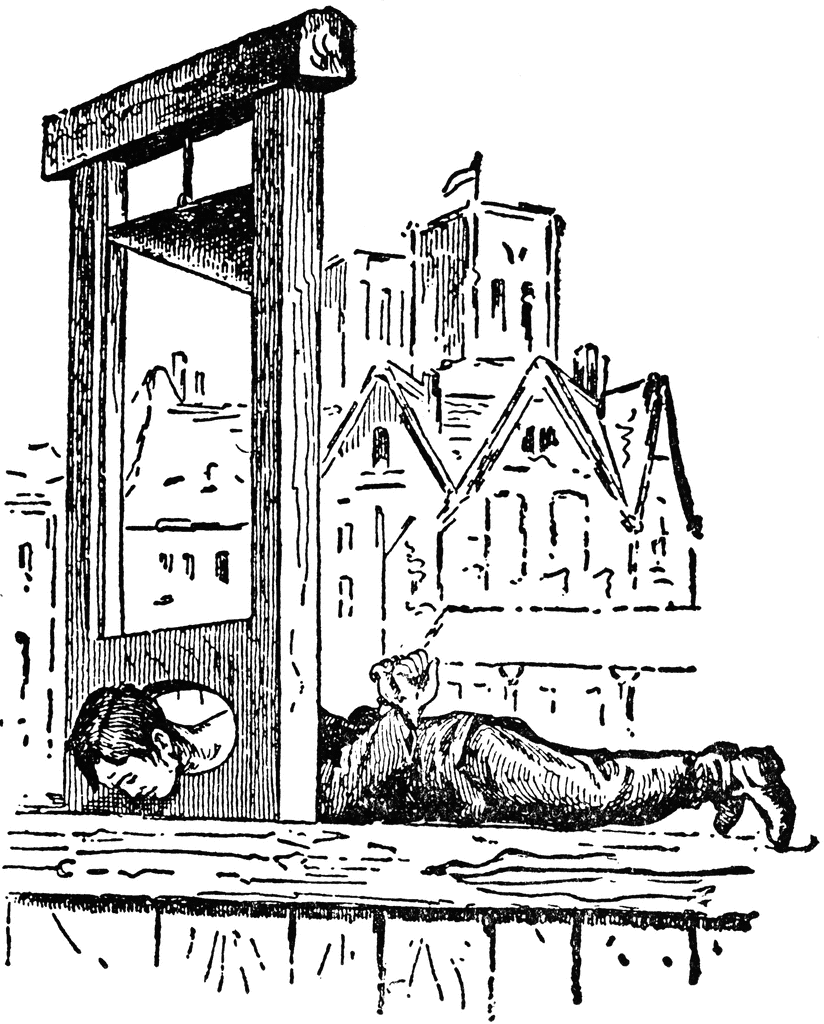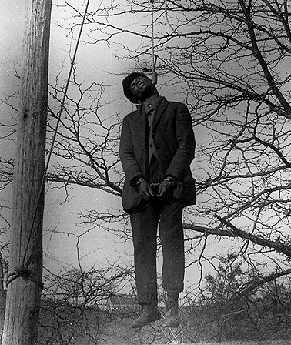Do you know the origin of the words below?
Hint: They all derive from the names of people
Bloomer
DEFINITION
bloomer (1) n.
1. A costume formerly worn by women and girls that was composed of loose trousers gathered about the ankles and worn under a short skirt.
2. bloomers
a. Wide, loose trousers gathered at the knee and formerly worn by women and girls as an athletic costume.
b. Girls' underpants of similar design.
bloomer (2) n.
1.
a. A plant that blooms.
b. A person who attains full maturity and competence: a late bloomer.
2. Slang A blunder.
The American Heritage Dictionary of the English Language
ETYMOLOGY
Amelia Jenks Bloomer (1818-1894), a suffragette, wore and lectured in the short skirts and billowing trousers gathered at the ankles. Bloomer also advocated the costume in her magazine, despite widespread condemnation of any woman who wore them in public.
Boycott
DEFINITION
to boycott tr.v.
To abstain from or act together in abstaining from using, buying, or dealing with as an expression of protest or disfavor or as a means of coercion.
n.
The act or an instance of boycotting.
The American Heritage Dictionary of the English Language
ETYMOLOGY
Charles Boycott resigned his captaincy in the British army and obtained employment as an agent for absentee landowners in Ireland during the famine years of the mid-nineteenth century. He imposed army discipline on the impoverished Irish tenant farmers, refused to reduce rents, and, when the rents were not paid, dispossessed the tenants from their homes. The surrounding population reacted against him by refusing him services and food delivery and cutting off all contact with him. He had to call in British troops to protect him before he decamped for England. Boycott's name was quickly adopted as the term for this treatment, not just in English but in other languages such as French, Dutch, German, and Russian.
Cardigan
DEFINITION
Cardigan n.
(Clothing & Fashion) a knitted jacket or sweater with buttons up the front.
(Life Sciences & Allied Applications / Breeds) the larger variety of corgi, having a long tail.
Collins English Dictionary
ETYMOLOGY
The 7th Earl of Cardigan, who led the charge of the Light Brigade at Balaklava, wore a sweater that buttoned down the front during his service in the Crimean War. The cardigan achieved a renewed burst of fame by being frequently worn by President Jimmy Carter at the White House.
Guillotine
DEFINITION
Guillotine n.
1. A device consisting of a heavy blade held aloft between upright guides and dropped to behead a person condemned to die.2. An instrument, such as a paper cutter, similar in action to a guillotine.
tr.v.
1. To behead with a guillotine.
2. To cut with a guillotine or sharp blade.
The American Heritage Dictionary of the English Language
ETYMOLOGY
The guillotine was named after the French physician Jospeh-Igance Guillotin (1738-1814)
The device was actually designed by Dr. Antoine Louis, secretary of the College of Surgeons, as a “painless” method of chopping off human heads. It was first used on April 25, 1792, to execute a highwayman named Pelletier or Peletier. The device was called a louisette or louison after its inventor's name, but because of a speech delivered by Dr. Guillotin, his name became irrevocably associated with the machine. After Guillotin's death in 1814, his children tried unsuccessfully to get the device's name changed. When their efforts failed, they were allowed to change their name instead.
Hooligan
DEFINITION
Hooligan n.
A tough and aggressive or violent youth.The American Heritage Dictionary of the English Language
ETYMOLOGY
Hooligan was the name of a quarrelsome Irish family portrayed in an English play at the turn of the century. This play was seen by Czar Nicholas II during a visit to London. From his comments on the play on his return to Russia, the word “hooligan” entered the Russian language, where it is still used – as it is in English – to describe a destructive vandal or young ruffian.
Lynch
To lynch tr. v.
To punish (a person) without legal process or authority, especially by hanging, for a perceived offense or as an act of bigotry.
The American Heritage Dictionary of the English Language
ETYMOLOGY
Charles Lynch (1736-1796) was a wealthy Virginia planter and justice of the peace. In this office he achieved notoriety for the number of people whom he condemned to be hanged.
Masochisme
DEFINITION
Masochism n.
1. The deriving of sexual gratification, or the tendency to derive sexual gratification, from being physically or emotionally abused.
2. The deriving of pleasure, or the tendency to derive pleasure, from being humiliated or mistreated, either by another or by oneself.3. A willingness or tendency to subject oneself to unpleasant or trying experiences.
ETYMOLOGY
Leopold von Sacher-Masoch (1835-1895), an Austrian novelist, specialized in writing about an abnormality wherein one takes pleasure in being abused, hurt or dominated.
The American Heritage Dictionary of the English Language
Sadist
DEFINITION
Sadist n.
someone who obtains pleasure from inflicting pain on others
Based on WordNet 3.0,
ETYMOLOGY
Donatien Alphonse Francois de Sade (1740-1814), commonly called the Marquis de Sade, wrote novels describing sexual satisfaction derived from inflicting pain or degradation on others. Some of his books were written during long spells in prison, where he had been incarcerated for trying out his theories.
Sandwich
DEFINITION
Sandwich n.
a. Two or more slices of bread with a filling such as meat or cheese placed between them.b. A partly split long or round roll containing a filling.
c. One slice of bread covered with a filling.
The American Heritage Dictionary of the English Language
ETYMOLOGY
The fourth Earl of Sandwich, who lived (and gambled extensively) during the reign of George III, used to have his servant bring him slices of meat between pieces of bread so that he could continue at the gambling table without leaving for lunch or dinner. This earl is doubly immortalized – Captain Cook named newly-discovered islands in the Pacific the Sandwich Islands, after him. The islands are now known as Hawaii.
DEFINITION
Silhouette n.
A view of some object or scene consisting of the outline and a featureless interior, with the silhouette usually being black. Wikipedia
ETYMOLOGY
Etienne de Silhouette. The word 'silhouette' first appeared in print in England in 1798, and is from the French word silhouette, which was/is the word adopted by the French to describe a dark shape against a lighter background. The French word silhouette seems to have been taken from the surname of Monsieur Étienne de Silhouette (1709-67), the minister of finance in France, 1759. Various reasons have been suggested as to why he was honoured with having this visual image named after him. And some say that it was not an honour, because the term was used in a derisory way, perhaps referring to the fact that he was in office for such a short period, he came and went, like a shadow.
The family name 'de Silhouette' (meaning of, or from the town of, Silhouette) is a French form of a Basque surname Zuloeta or Zulueta. Étienne de Silhouette's father was from the Basque region.
Additional source: Native Tongues, by Charles Berlitz









Aucun commentaire:
Enregistrer un commentaire